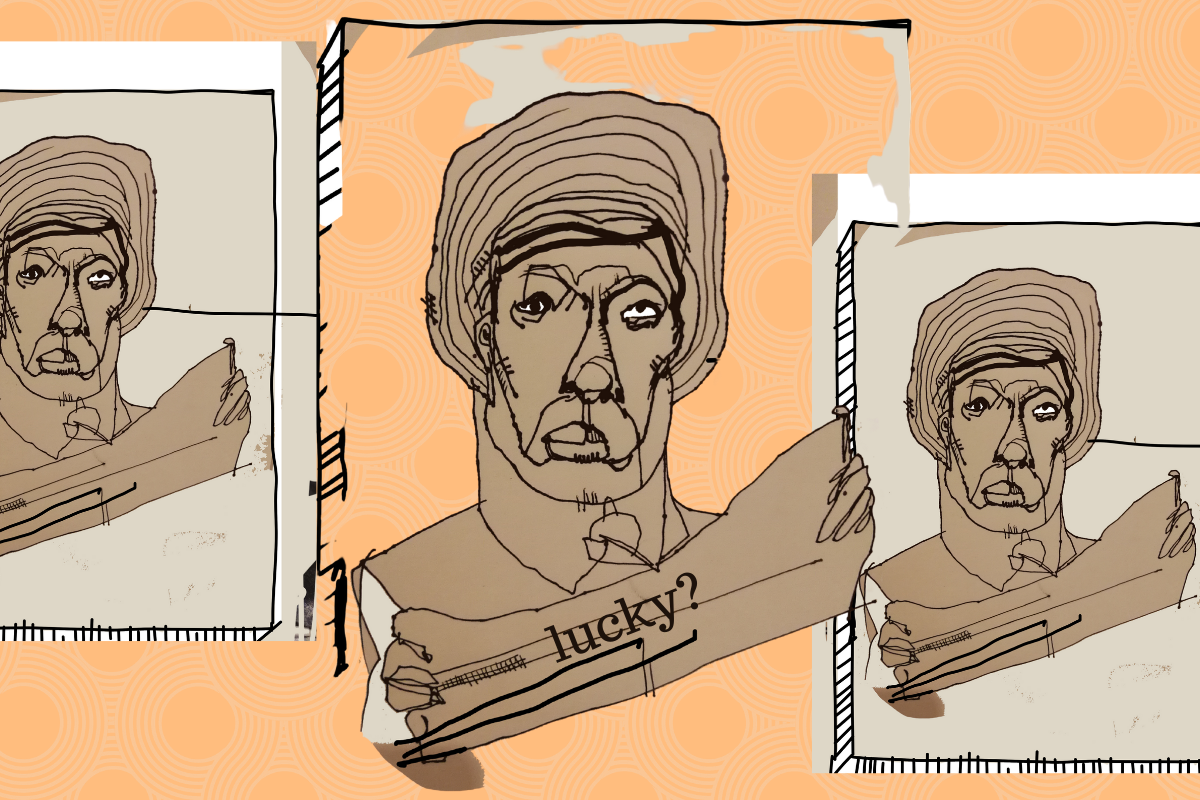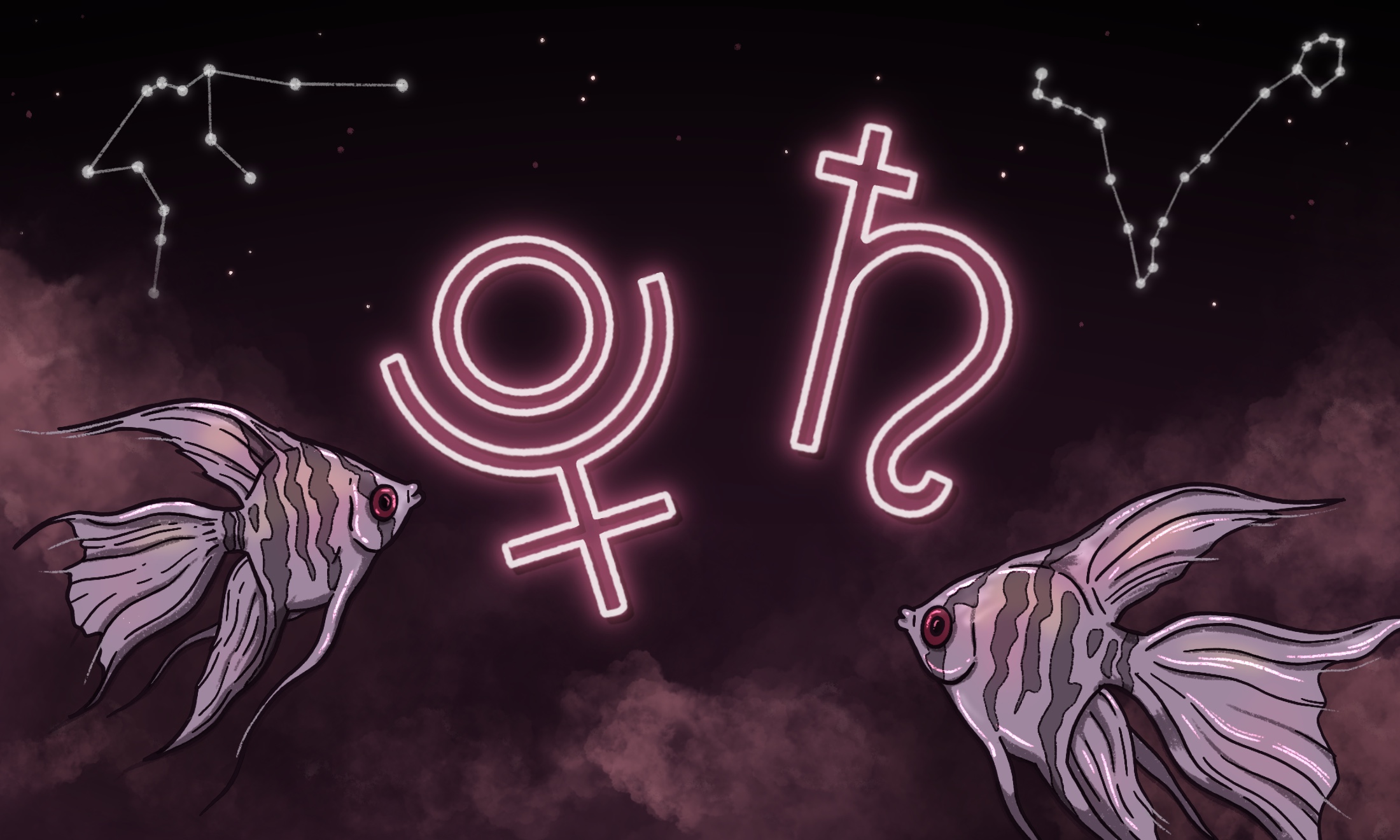
‘I’m one of the lucky ones’: FGM, the Somali community and me
When Dahaba Ali Hussen’s friend came back from what she thought was a holiday, something about her had changed.
Dahaba Ali Hussen
06 Dec 2020
Illustration by Leyla Reynolds
Trigger Warning: mentions of cutting
Women’s sexuality is rarely discussed in my family. I grew up in London as part of the Somali diaspora. My mother fled the Somali civil war in the 1990s and we moved to the UK from the Netherlands via secondary immigration when I was 10 years old.
It’s not unsurprising that sexuality is not openly talked about in my house. A lot of families don’t talk about sex regardless of their demographic, because who really wants to hear about Uncle Jim’s escapades back in his heyday?
However, one aspect of sexuality that was over-represented at dinner table discussions when I was growing up was FGM. Female Genital Mutilation is a procedure where genitals are deliberately cut, injured or changed without any medical reason but rather as a cultural practice.
Members of my family, including my own mother, were subject to FGM.
I was spared under-going this harrowing experience. I’ve both thought of myself, and been treated as “the lucky one”. Even now as I write this, I’m conscious of the language I use to describe my own experience – words like “escaped” and “got away”.
For a brief period of my teenage years, I went to community classes called Duugsi. This is where we were taught about religion and culture – much like Sunday school. However, unlike Sunday school these were held on Tuesday and Wednesdays after school.
During my time at this Duugsi I made a very good friend, who I’ll call Amina. Amina was around the same age as me and we shared similar interests including listening to pseudo-punk music and consuming fantasy novels like packs of smarties.
One blustery Autumn day, she suddenly wasn’t there anymore. I asked my mother where Amina had gone and I was told she had gone “on holiday”. Two lonely weeks passed before Amina returned. I was overjoyed to see my friend again and I bounded over to her excitedly before Duugsi started.
“HELLO!” I bellowed enthusiastically.
“Hi”, she mumbled back, not making any eye contact.
I didn’t think anything of this at the time. Amina was naturally quite reserved. But soon I did start to get a bit uneasy as I realised she was no longer saying anything at all. Over the next couple of weeks, she withdrew further and further into her shell. I was only 12 years-old at the time and internalised the entire situation.
“If a young girl is misbehaving, then it’s not uncommon to hear that her ‘clitoris is itching her'”
“She won’t speak to me anymore,” I whined to my mother. My mother shook her head and said: “I’m going to tell you something that you must not repeat, do you understand me?”
I nodded, intrigued. It transpired that when Amina had gone on “holiday” she had been taken back to Somalia to undergo circumcision.
As I said, I was only 12 at the time and so my understanding of FGM was pretty murky but I understood enough to feel physically ill. It all started to make sense, she looked like she had a piece missing because, in reality, they had cut a piece of her away.
In the Somali language, there is a lot of problematic terminology that surrounds FGM and young girls and women. If a young girl is misbehaving, then it’s not uncommon to hear that her “clitoris is itching her” meaning she is feeling “mischievous” and that is what is leading her to be disobedient. And if a young girl or woman is particularly outspoken, it’s because she is too “turned on”.
Using this language reduces young girls and women to a purely sexual function. Sexual pleasure is used as a punishment
To me, it feels like older women have equated a woman’s soul and personality to our sexual organs, through internalised misogyny. And then, as a form of power and control – these women remove said sexual organs to make us these docile beings.
I don’t have any lived experience of FGM, and yet I have felt a sense of shame because of this.
“It transpired that when Amina had gone on ‘holiday’ she had been taken back to Somalia to undergo circumcision”
I remember some members of my community would openly ask my mother in front of me if I had been “cut” and when she would say no – they would look at me as though I might infect their children.
And as a young girl, I would feel infectious and almost dirty. FGM is used as a form of power and control by limiting the ability of people with vaginas to self-pleasure and enjoy sexual activity. What saddens me the most is how older generations are not fully aware of what has been taken away from them and what they, in turn, are taking away from others.
My aunt and I were having a conversation more recently. I was working on a piece about how older survivors of FGM reclaimed their sexual identity and I interviewed her for it. Throughout our call, it became apparent that she didn’t know what an orgasm was.
This made me immensely sad but I was not shocked. Again, the language surrounding sexual intercourse is very misogynistic. In the Somali community, we don’t say they “had sex” or “made love” but rather “he used her” and “he mounted her”.
As I have grown into an adult, the sense of shame I was dogged with throughout childhood has morphed into a feeling I can’t quite describe. It feels like guilt and shame and sorrow all wrapped into one. I think about my childhood friend Amina a lot.
FGM is a cultural and learned practice. Increasing punitive legislation will only draw the communities who practice FGM further within themselves. We need effective community engagement and an emphasis on education to help put a stop to this practice. As for me? In a weird way, I do still count myself as one of the lucky ones.







